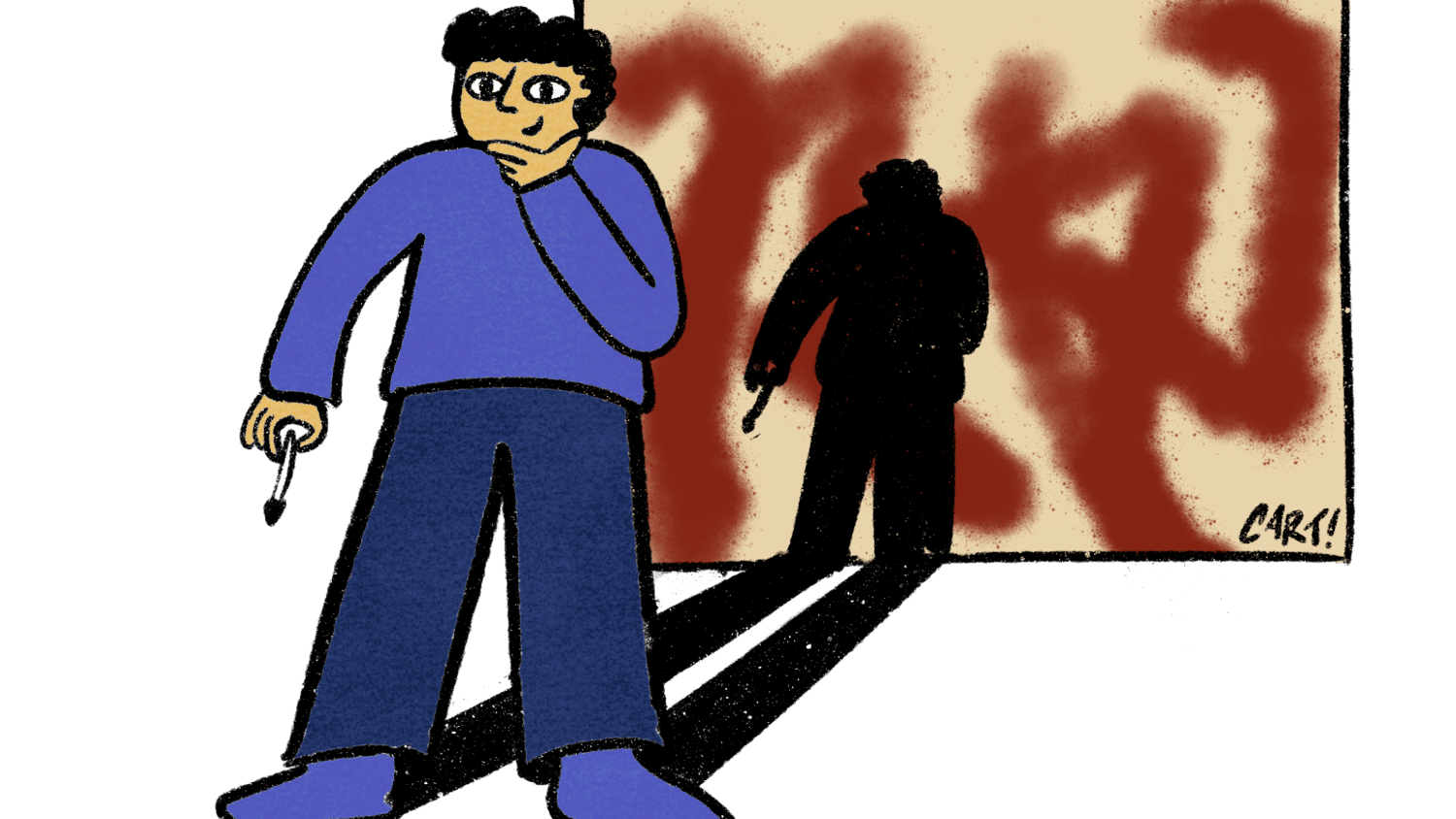Spring 2016 Editorial board
On Dec. 1 every year, SGA candidates participate in candidate orientation and take the election law test, beginning the short but significant process of becoming a part of Auburn’s student government.
After over a month of idleness, campaign preparation begins Jan. 14, and formal campaigning begins Feb. 3.
Six days later, voting begins, and the creation week of student government winds down to a close, assuming all elections end with winners holding majorities.
We implore the SGA to revise the current model of elections to increase student voter turnout and give students a better chance to scope out the candidates’ platforms.
But credit must be given where credit is due. Last year, all three major candidates ran unopposed. This year, all major candidates have some opposition. More people are running for senate seats this year.
This seems largely because of SGA efforts to inform students about what SGA does and how it affects daily life at Auburn.
By extending the window for campaigning by just one week, we believe student involvement will grow.
In the spring 2015 election, 33.59 percent of eligible voters caste their ballots.
In comparison, the University of Alabama’s SGA election, which has a campaign window of approximately two weeks, had 43.51 percent of eligible voters participate.
Not to imply extra days for campaigns to operate is the only reason UA’s voter turnout is markedly better, but it’s hard to argue it doesn’t help.
If more Auburn students participated in the creation of their governing body, the market of ideas would improve.
If more students get involved, greater diversity and a clearer reflection of student ideals will manifest.
Some may argue increasing the window for campaigning will serve only to distract students.
Even if that is granted, there is no denying SGA elections hold great importance and increasing the window for campaigning would have a positive effect on Auburn.
Students being “distracted” by the enhanced opportunity to understand and learn about SGA candidates is a nonissue.
An extension would also provide students more time to reflect upon the various platforms presented and allow time for a second debate, which would serve to further showcase the candidates.
Along with the campaign process being extended, we believe advertising should be increased.
While it’s great that candidates have a chance to publicize their platform during student club meetings, more could be done.
We call for a streamlined form of communication that would inform students about SGA elections.
Candidate and platform information could be disseminated through emails sent to the student body.
By doing this, SGA would better extend its reach to all students.
SGA elections ought to be treated as something more than a brief stint that allows some popular students to capitalize on their friendships.
SGA elections should be viewed as the potentially campus-morphing events they truly are, and efforts to promote student participation should reflect that.
Do you like this story? The Plainsman doesn't accept money from tuition or student fees, and we don't charge a subscription fee. But you can donate to support The Plainsman.




